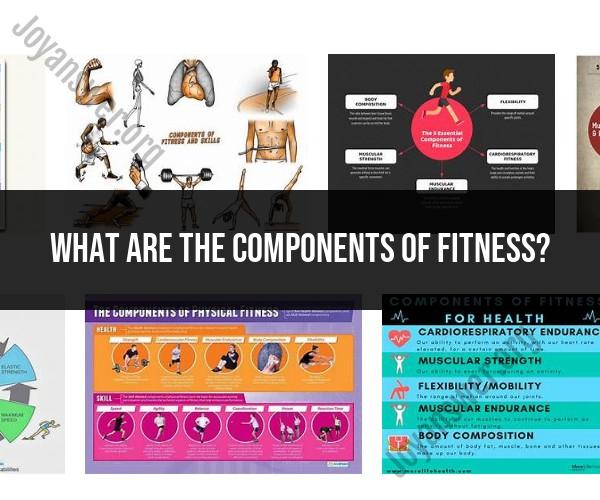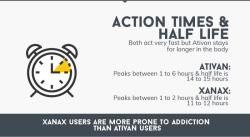What are the components of fitness?
Fitness is a multidimensional concept that encompasses various components, each contributing to overall physical well-being and performance. Understanding the components of fitness is essential for designing effective exercise programs and achieving specific health and fitness goals. Here's a comprehensive overview of the key components of fitness:
1. Cardiovascular Endurance:Cardiovascular endurance, also known as aerobic endurance, refers to the ability of the cardiovascular and respiratory systems to supply oxygen-rich blood to the muscles during prolonged physical activity. It is crucial for activities such as running, swimming, and cycling.
2. Muscular Strength:Muscular strength is the maximum force a muscle or muscle group can generate against resistance in a single effort. It is essential for tasks that require lifting, pushing, or pulling heavy objects.
3. Muscular Endurance:Muscular endurance is the ability of a muscle or muscle group to repeatedly exert force or sustain a contraction over an extended period. It is important for activities like bodyweight exercises, such as push-ups and squats.
4. Flexibility:Flexibility refers to the range of motion around a joint. Having good flexibility helps prevent injuries, improves posture, and enhances the overall ease of movement.
5. Body Composition:Body composition refers to the proportion of lean tissue (muscle, bone, organs) to body fat. Achieving a healthy body composition is important for overall health and performance.
6. Power:Power is the ability to exert force rapidly, combining strength and speed. It is crucial for explosive movements like jumping, sprinting, and throwing.
7. Speed:Speed is the ability to cover a distance or perform a movement in the shortest amount of time possible. It is essential for sports that involve sprinting or quick changes of direction.
8. Agility:Agility is the ability to change direction quickly and effectively. It is important for sports that require rapid changes in movement patterns.
9. Balance:Balance is the ability to maintain equilibrium while stationary or moving. It is important for activities that involve stability and coordination.
10. Coordination:Coordination is the ability to combine different movements into a fluid and efficient sequence. It is essential for activities that require precise and controlled movements.
11. Reaction Time:Reaction time is the time it takes to respond to a stimulus. It is important for activities that require quick decision-making and reflexes.
12. Mental and Emotional Resilience:While not a physical component, mental and emotional resilience are integral to overall fitness. Having a positive mindset, managing stress, and maintaining emotional well-being contribute to a holistic sense of fitness.
It's important to note that these components of fitness are interrelated, and improvements in one area can positively impact others. A well-rounded fitness program should include exercises and activities that target each of these components to achieve a balanced and comprehensive level of fitness. Additionally, individual goals, preferences, and physical abilities should be considered when designing a personalized fitness plan.













